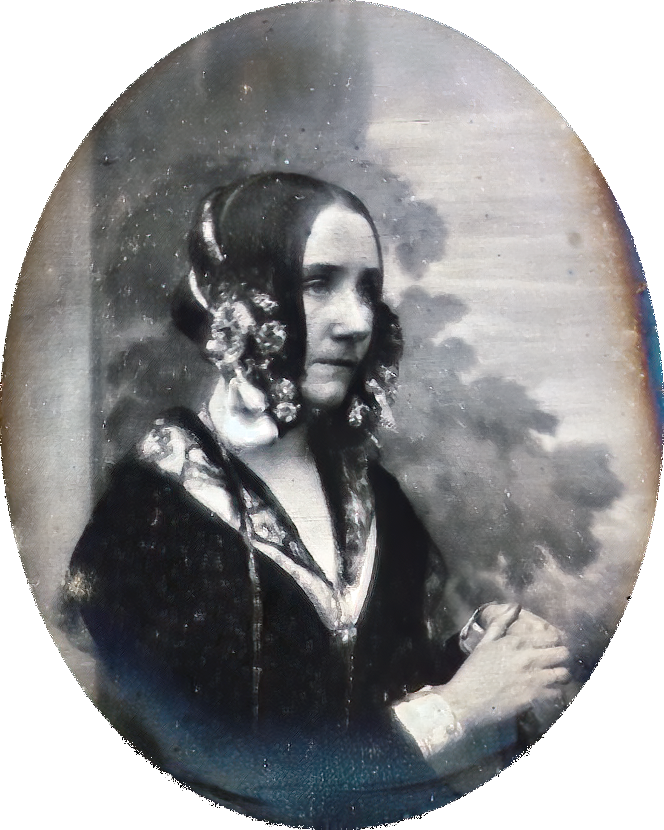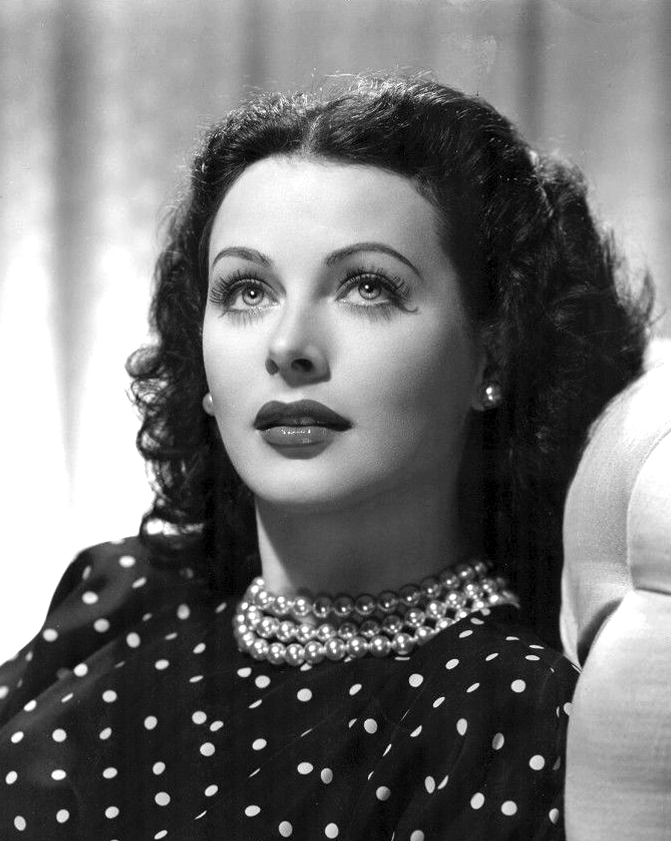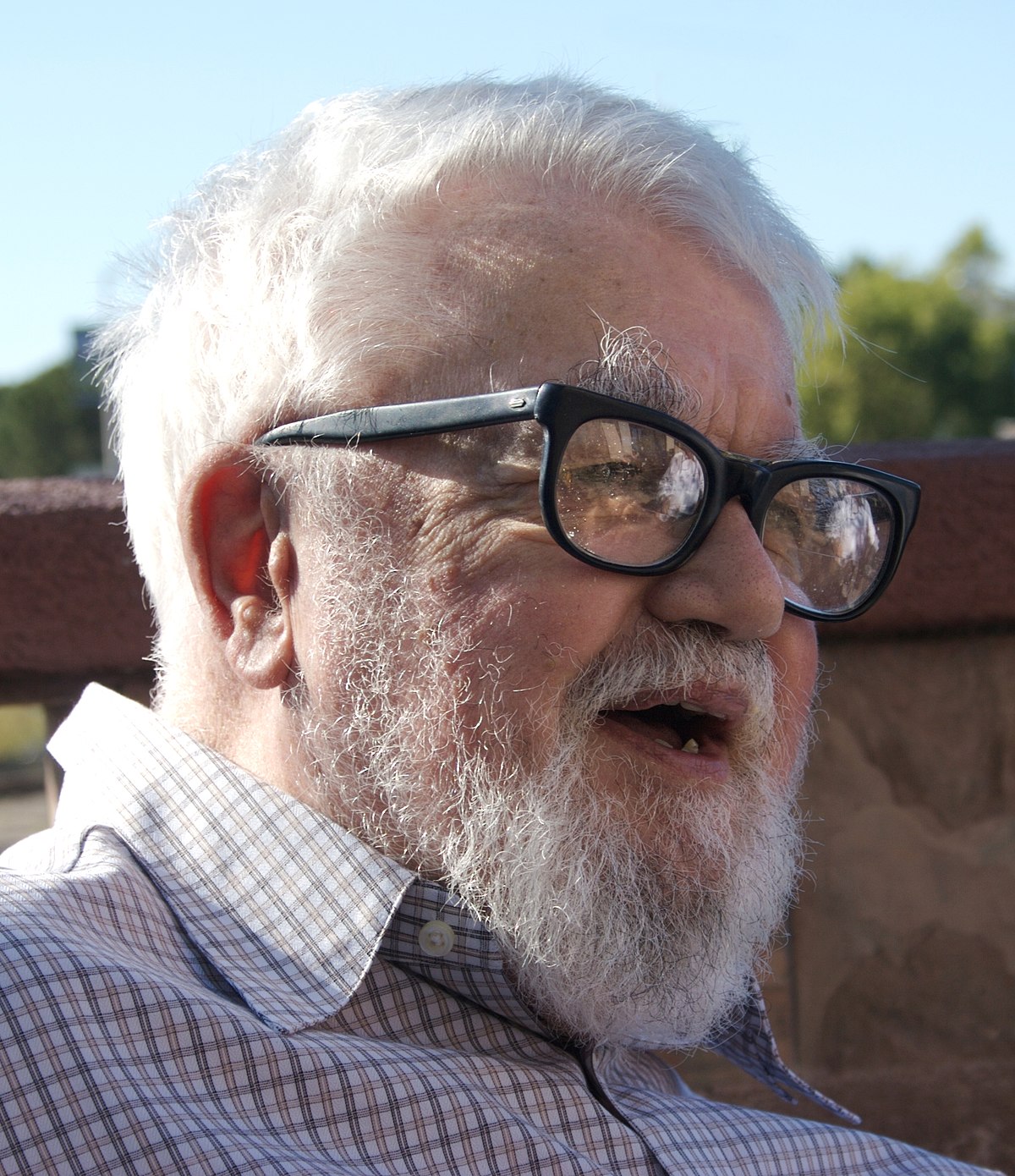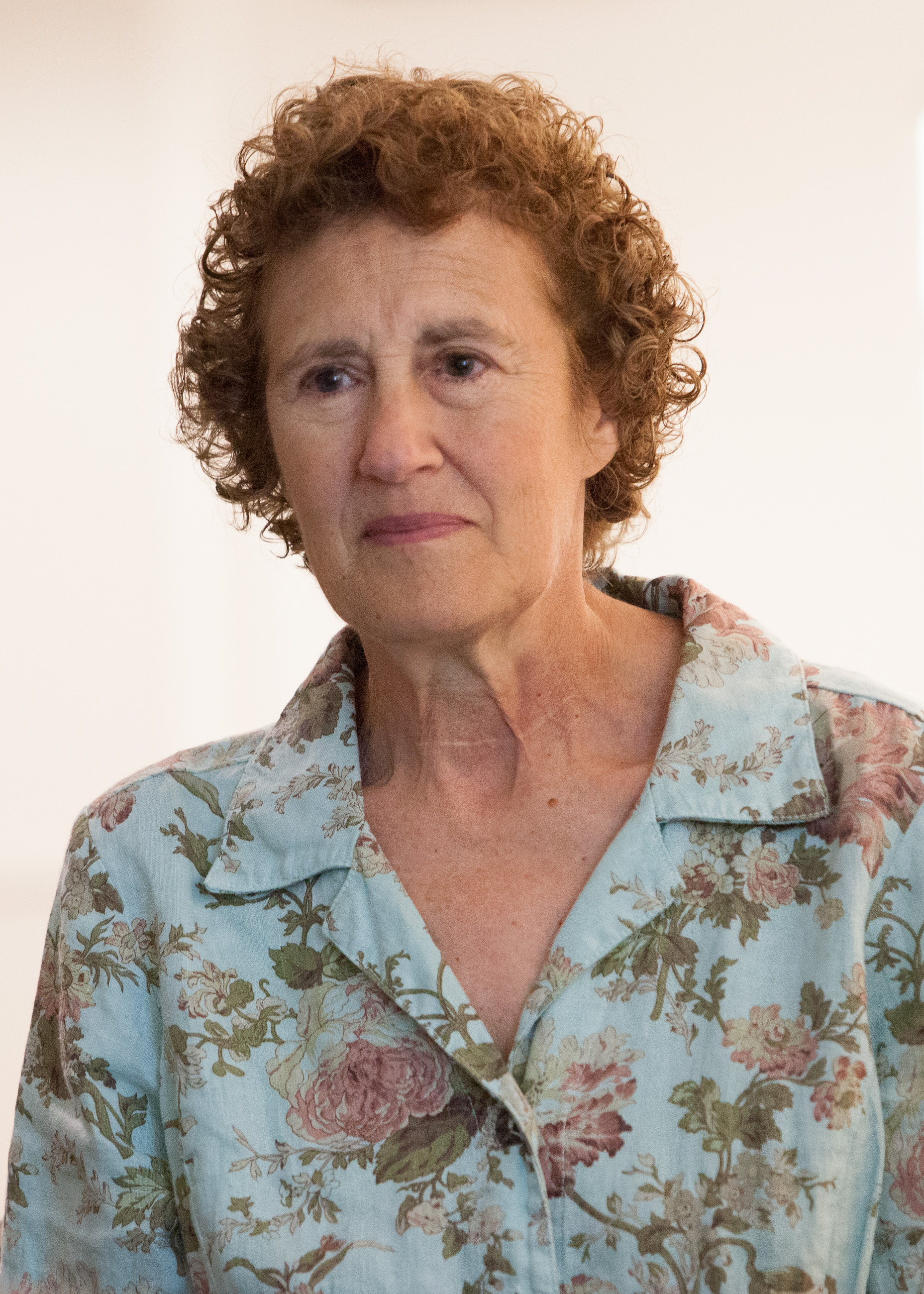Table of contents
- 1. Ada Lovelace: The First Programmer
- 2. Claude Shannon: The Father of Information Theory
- 3. Hedy Lamarr: Hollywood Star and Inventor
- 4. Grace Hopper: The Queen of Code
- 5. John McCarthy: The Father of Artificial Intelligence
- 6. Barbara Liskov: Pioneering Software Engineer
- 7. Margaret Hamilton: The Woman Who Put Man on the Moon
When we think about the history of computing, names like Alan Turing, Bill Gates, and Steve Jobs often come to mind. While their contributions are undeniable, the history of computing is also rich with the achievements of many other brilliant minds who have not received the same level of recognition. These unsung heroes have laid the groundwork for modern computing, often working behind the scenes or in the shadow of more celebrated figures. In this article, we will shine a light on a few of these pioneers whose innovations have significantly shaped the world of technology.
1. Ada Lovelace: The First Programmer

Ada Lovelace is often acknowledged as the world's first computer programmer, yet her contributions are frequently overshadowed by those of her male contemporaries. In the mid-1800s, Lovelace worked with Charles Babbage on his Analytical Engine, an early mechanical general-purpose computer. She wrote the first algorithm intended for implementation on a machine, making her the first person to recognize that computers could perform tasks beyond mere calculation. Lovelace's foresight and vision were extraordinary, as she anticipated many future developments in computing.
2. Claude Shannon: The Father of Information Theory

Claude Shannon's work laid the foundation for digital circuit design theory and telecommunications. In his groundbreaking 1948 paper, "A Mathematical Theory of Communication," Shannon introduced the concept of the bit as a unit of information, establishing the field of information theory. His theories underpin much of modern telecommunications, cryptography, and data compression. Despite his critical contributions, Shannon's name is not as widely known as it should be.
3. Hedy Lamarr: Hollywood Star and Inventor

Hedy Lamarr, an Austrian-American actress, was also a brilliant inventor. During World War II, she co-developed a frequency-hopping spread spectrum technology intended to prevent the jamming of Allied radio-guided torpedoes. This technology laid the groundwork for modern wireless communication, including Wi-Fi, Bluetooth, and GPS. Lamarr's work was not fully appreciated during her lifetime, but her contributions have since been recognized as groundbreaking.
4. Grace Hopper: The Queen of Code

Grace Hopper was a pioneering computer scientist and naval officer whose work has had a lasting impact on computer programming. She developed the first compiler, a program that translates human-readable code into machine language. This innovation led to the development of COBOL, one of the first high-level programming languages. Hopper's work made programming more accessible and laid the foundation for many modern programming languages.
5. John McCarthy: The Father of Artificial Intelligence

John McCarthy was a computer scientist who coined the term "artificial intelligence" (AI) and was instrumental in developing the field. He invented the LISP programming language, which became the standard for AI research. McCarthy's work laid the groundwork for modern AI, from expert systems to machine learning algorithms. Despite his significant contributions, McCarthy's name is less known outside the AI community.
6. Barbara Liskov: Pioneering Software Engineer

Barbara Liskov is a computer scientist whose work has significantly influenced software engineering. She developed the Liskov Substitution Principle, a fundamental concept in object-oriented programming that ensures a subclass can replace a superclass without affecting the program's correctness. Liskov also led the development of the CLU programming language, which introduced many concepts now standard in programming languages, such as data abstraction and iterators.
7. Margaret Hamilton: The Woman Who Put Man on the Moon

Margaret Hamilton was the lead software engineer for the Apollo space program. Her team at MIT developed the onboard flight software that enabled the Apollo missions to land on the moon. Hamilton's rigorous approach to software engineering and her pioneering work in error detection and recovery were crucial to the mission's success. Despite her critical role, Hamilton's contributions were not widely recognized until many years later.
The history of computing is rich with the contributions of countless individuals whose work has profoundly shaped the technology we rely on today. While some have become household names, many others remain unsung heroes. By recognising and celebrating their achievements, we gain a deeper appreciation for the collaborative and cumulative nature of technological progress. The innovations of Ada Lovelace, Claude Shannon, Hedy Lamarr, Grace Hopper, John McCarthy, Barbara Liskov, and Margaret Hamilton remind us that the advancement of computing has been driven by a diverse array of talents and perspectives.
